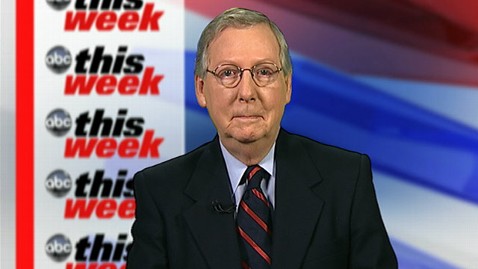CENTENNIAL, Colo. Nearly six months after the Colorado movie theater massacre, prosecutors began laying out their case Monday against the former neuroscience graduate student accused in the rampage.

The Aurora shooting victims
Investigators say James Holmes wore body armor and a gas mask when he tossed two gas canisters and then opened fire during the midnight showing of the Batman movie "The Dark Knight Rises," killing 12 people and wounding dozens.
Whatever details emerge at the preliminary hearing, they will do so in a nation that has changed dramatically since the July 20 attack that pushed the problems of gun violence and mental illness into the forefront before receding.
That debate reignited last month when a gunman killed 20 children and six adults at Sandy Hook Elementary school in Newtown, Conn., spawning calls for better psychiatric care, tougher gun laws and the arming of teachers.
The preliminary hearing, which is expected to last all week, will allow the judge to determine whether the prosecution's case is strong enough to warrant a trial.
CBS News senior legal analyst Andrew Cohen reports the prosecution has a low burden to meet at the hearing, but notes that the proceeding allows the defense an early chance to evaluate the strength of the state's case and to question law enforcement officials.
"It's likely to be dramatic and in many ways heartbreaking," Cohen told CBS Radio News. "The public will hear details for the first time about what police believe went on inside that theater. We could hear 911 tapes. There will likely be photos and video, and Holmes will be at the defense table through it all."
Holmes is charged with more than 160 counts, including murder and attempted murder.
Legal analysts say that evidence appears to be so strong that Holmes may well accept a plea agreement before trial.
In such cases, the preliminary hearing can set the stage for a deal by letting each side assess the other's strengths and weaknesses, said Laurie Levenson, a former federal prosecutor and now a professor at Loyola Law School in Los Angeles.
They "are often the first step to resolving the case, a mini-trial so both sides can see the writing on the wall," she said.
In general, plea agreements help prosecutors avoid costly trials, give the accused a lesser sentence like life in prison rather than the death penalty, and spare the victims and their families from the trauma of going through a lengthy trial.
At this stage, prosecutors must only meet a "probable cause" standard — much lower than the "beyond a reasonable doubt" standard for a guilty verdict, said Mimi Wesson, a professor of law at the University of Colorado Law School.
Many of the survivors and family members of the dead are expected to attend the hearing, and court officials expect an overflow crowd of reporters and spectators.

Aurora movie theater massacre pre-trial to begin
Chantel Blunk, whose husband, Jonathan Blunk, died in the attack, flew from Reno, Nev., to attend the hearing. She wanted to be there for the late father of their children and the other victims, CBS News correspondent Manuel Bojorquez reports.
"No matter what this guy did to everybody, you know, we're still going there and representing the people that were lost, that were hurt, and that he is not going to win," Blunk told Bojorquez. "You know, it's not about his name or remembering him. It's about the people that were taken away."
The hearing is the first extensive public disclosure of the evidence against Holmes. Three days after the shooting, District Judge William Sylvester forbade attorneys and investigators from discussing the case publicly, and many court documents have been filed under seal.

Prosecutors: Holmes threatened university prof.

Psychiatrist who treated Holmes testifies
It took this long to get to the preliminary hearing because lawyers have been debating what physical evidence should be made available to one side or the other, whether a psychiatrist who met with Holmes is barred from testimony by doctor-patient privilege, who was responsible for leaks to the media, and other issues.
Police say Holmes, now 25, had stockpiled weapons, ammunition, explosives and body armor. He was a first-year student in a Ph.D. neuroscience program at the University of Colorado, Denver, but he failed a year-end exam and withdrew in June, authorities have said.
The shootings happened six weeks later.
Federal authorities have said Holmes entered the theater with a ticket and is believed to have propped open a door, slipped out to his car and returned with his weapons. Police arrested him outside the theater shortly after the shootings ended.
Holmes' mental health could be a significant issue — and possibly a contentious one — in the preliminary hearing.
His attorneys have told the judge Holmes is mentally ill, but they have not said whether they plan to employ an insanity defense. He had seen a university psychiatrist, and his lawyers have said he tried to call the psychiatrist nine minutes before the killing began.
Defense lawyers have said they plan to call at least two people, described as "lay witnesses," who could testify about Holmes' mental health. Prosecutors asked Sylvester to block the witnesses, but he refused.


 iPhone, iPad and Mac are trademarks of Apple Inc., registered in the U.S. and other countries. App Store is a service mark of Apple Inc.
iPhone, iPad and Mac are trademarks of Apple Inc., registered in the U.S. and other countries. App Store is a service mark of Apple Inc.











